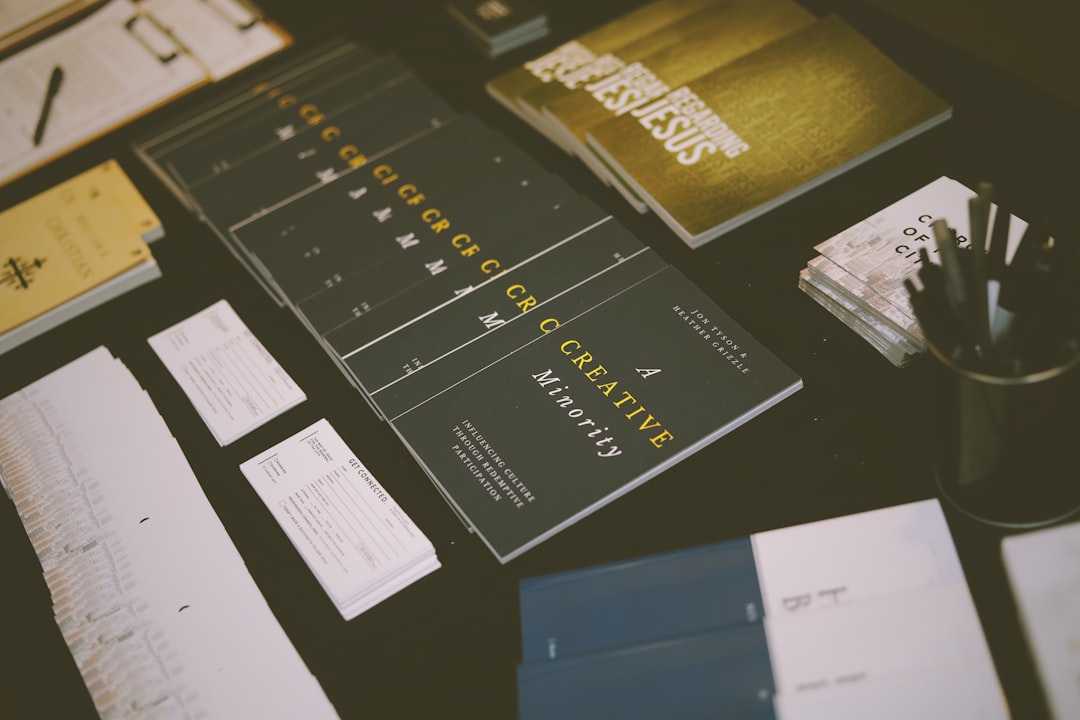In a world that is continually evolving, the ability to stay open to new ideas is not just an advantage—it’s a necessity. Embracing growth through receptive thinking allows individuals to shift perspectives, innovate creatively, and adapt more fluidly to the challenges around them. Being receptive doesn’t mean agreeing with every thought or change; rather, it involves curiosity, thoughtful reflection, and a willingness to engage with unfamiliar perspectives.
History has shown that great thinkers, leaders, and creators often thrived because they welcomed ideas that went beyond their current worldview. In essence, receptivity is not a passive state but an active effort to grow. When minds remain uncluttered by rigid beliefs, they become fertile ground for innovation, empathy, and personal evolution.
Why Openness Matters in Every Aspect of Life
Whether in personal relationships, professional environments, or global communities, the power of open thinking can lead to improvement and discovery. Here’s why staying open to new ideas matters so much:
- Innovation and Creativity: All breakthroughs begin with a single disruptive idea. Receptive individuals push boundaries by exploring alternatives.
- Deeper Understanding: An open mind seeks to understand before seeking to be understood, fostering connection and reducing conflict.
- Adapting to Change: In rapidly changing environments, adaptability hinges on the ability to assimilate new information and ways of thinking.
- Mental Flexibility: Staying open keeps the brain active and challenged, boosting cognitive health over time.
When individuals embrace a mindset of growth rather than fixed beliefs, they begin to see challenges as opportunities. They stop seeing differences as threats and instead, start appreciating them as portals into learning and cooperation.

Getting Comfortable With Discomfort
One of the reasons people resist new ideas is discomfort. Changing established beliefs or habits feels unsettling. Humans are wired to avoid cognitive dissonance—the psychological tension that arises when confronting conflicting beliefs. However, it is within such discomfort that true growth emerges.
Receptive thinkers train themselves to lean into that awkwardness. They ask questions like:
- What can I learn from this idea?
- Why does this perspective challenge me?
- Could I be wrong about what I currently believe?
These are not signs of weakness but strength. Intellectual humility—the recognition that one might be wrong and the desire to learn—is a critical trait of thought leaders across disciplines.
Practical Ways to Nurture Receptive Thinking
Becoming more open-minded doesn’t require monumental change. Small, intentional behaviors can gradually shift one’s cognitive habits. Here’s how:
- Listen Actively: Invest full attention when others speak, without planning a counterargument mid-conversation.
- Read Widely: Consume books, articles, and media from different cultures, backgrounds, and viewpoints.
- Ask More Questions: Instead of assuming, inquire. Curiosity is the foundation of understanding.
- Challenge Assumptions: Regularly question the “givens” in life. Why are certain beliefs held so tightly?
- Surround Yourself With Diverse Thinkers: Build a circle that includes voices different from your own.

Embracing receptive thinking is not about being indecisive or swaying with every opinion that comes along. Rather, it’s about being deliberate, reflective, and informed. When people open themselves to new ideas, they open the doors to progress—not just for themselves, but for the communities and societies they are part of.
Frequently Asked Questions
-
Is being open to new ideas the same as being indecisive?
No. Openness is about evaluating and learning from ideas, not blindly accepting them. It involves thoughtful consideration and discernment. -
Can open-mindedness make someone more successful?
Yes. Open-minded individuals tend to be more adaptable, creative, and emotionally intelligent—traits that contribute significantly to success in all areas of life. -
How can I help children develop a more open mindset?
Encourage curiosity, model respectful dialogue, expose them to diverse cultures and ideas, and praise thoughtful questioning. -
What if a new idea conflicts with my core beliefs?
That’s an opportunity to reflect. Examine the idea deeply, consult trusted sources, and engage in dialogue before deciding to adjust or affirm existing beliefs.



